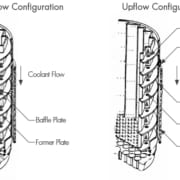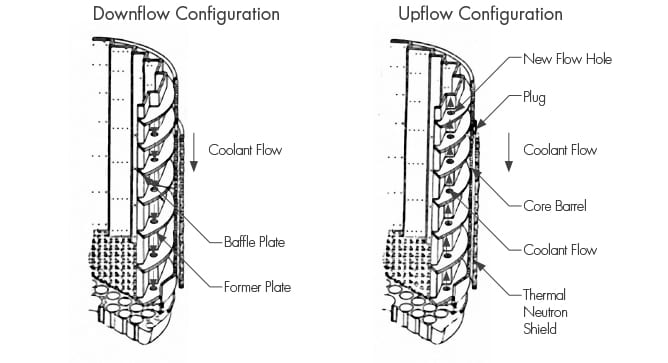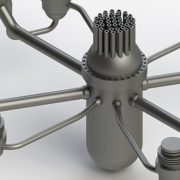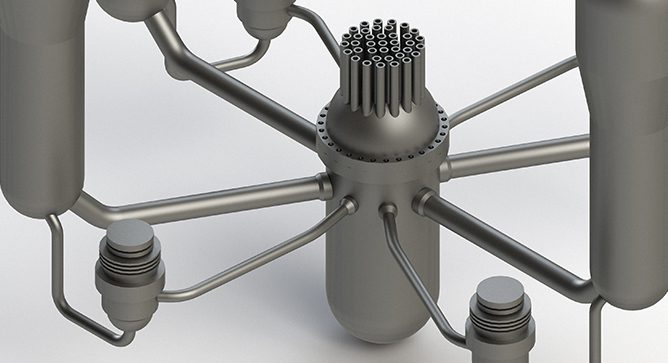News & Views, Volume 46 | Baffle-Former Bolt Management: Cost/Benefit Studies
By: Tim Griesbach and
For the past several years baffle-former bolt (BFB) cracking in pressurized water reactors has become a significant concern for of PWR plants. In 2016, three similar Westinghouse designed plants (Indian Point 2, Salem 1, and D. C. Cook Unit 2) experienced significant numbers of cracked BFBs, attributed to irradiation-assisted stress corrosion cracking (IASCC). These plants had common characteristics that included the 4-loop plant design, downflow configuration, and Type 347 stainless steel bolting material. BFB cracking is not an entirely new phenomenon as it was initially detected in the French PWR fleet in the 1990s. However, the extent of cracking found in some of the US plants has greatly exceeded prior cracking. Extensive industry programs have identified and categorized by tier group the most susceptible plants, and the EPRI Materials Research Program (MRP) has published guidance regarding baffle-former bolt UT inspections for PWR plants for detection of degraded and cracked bolts in the baffle-former assembly (MRP-2017-009).





